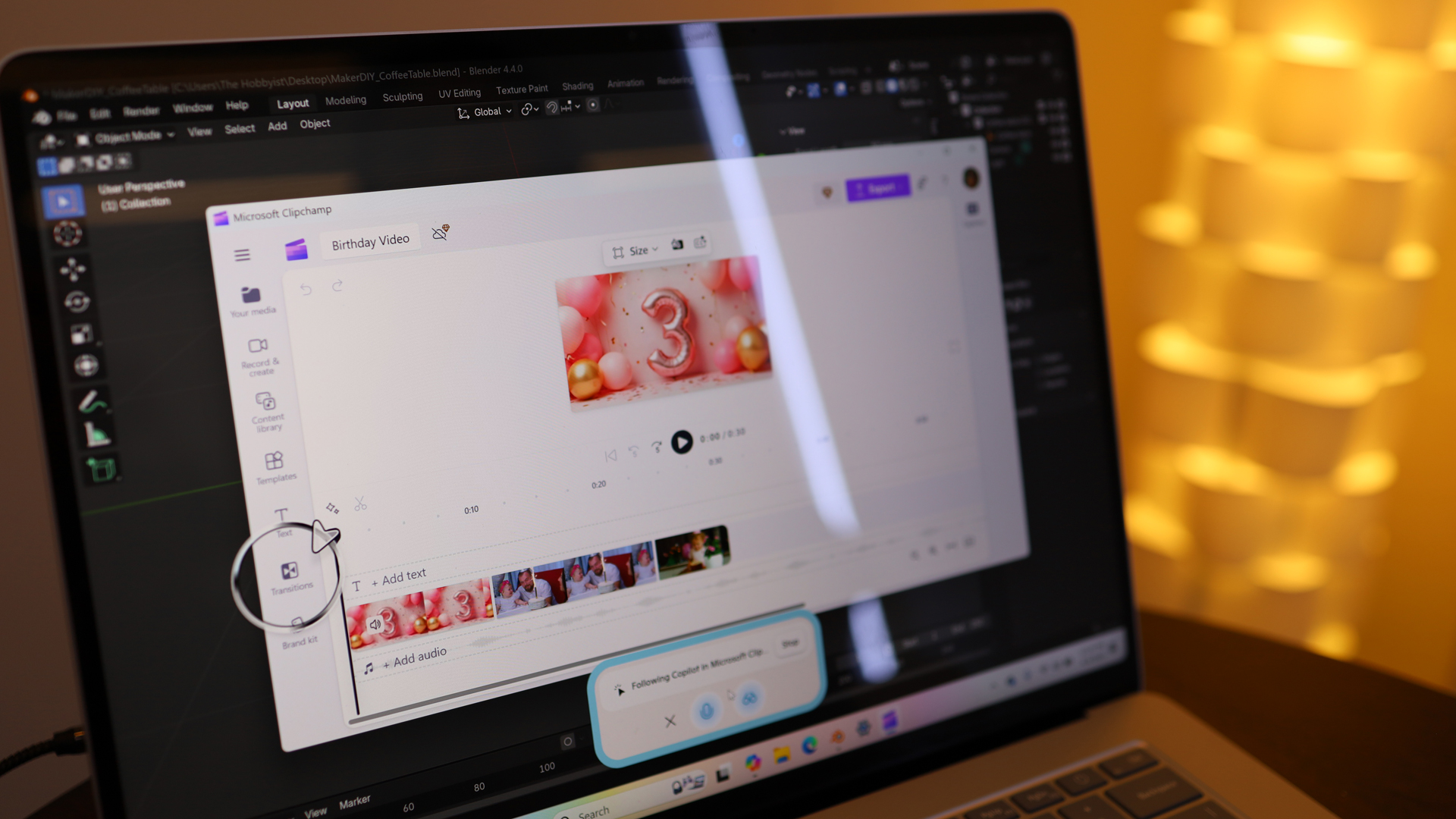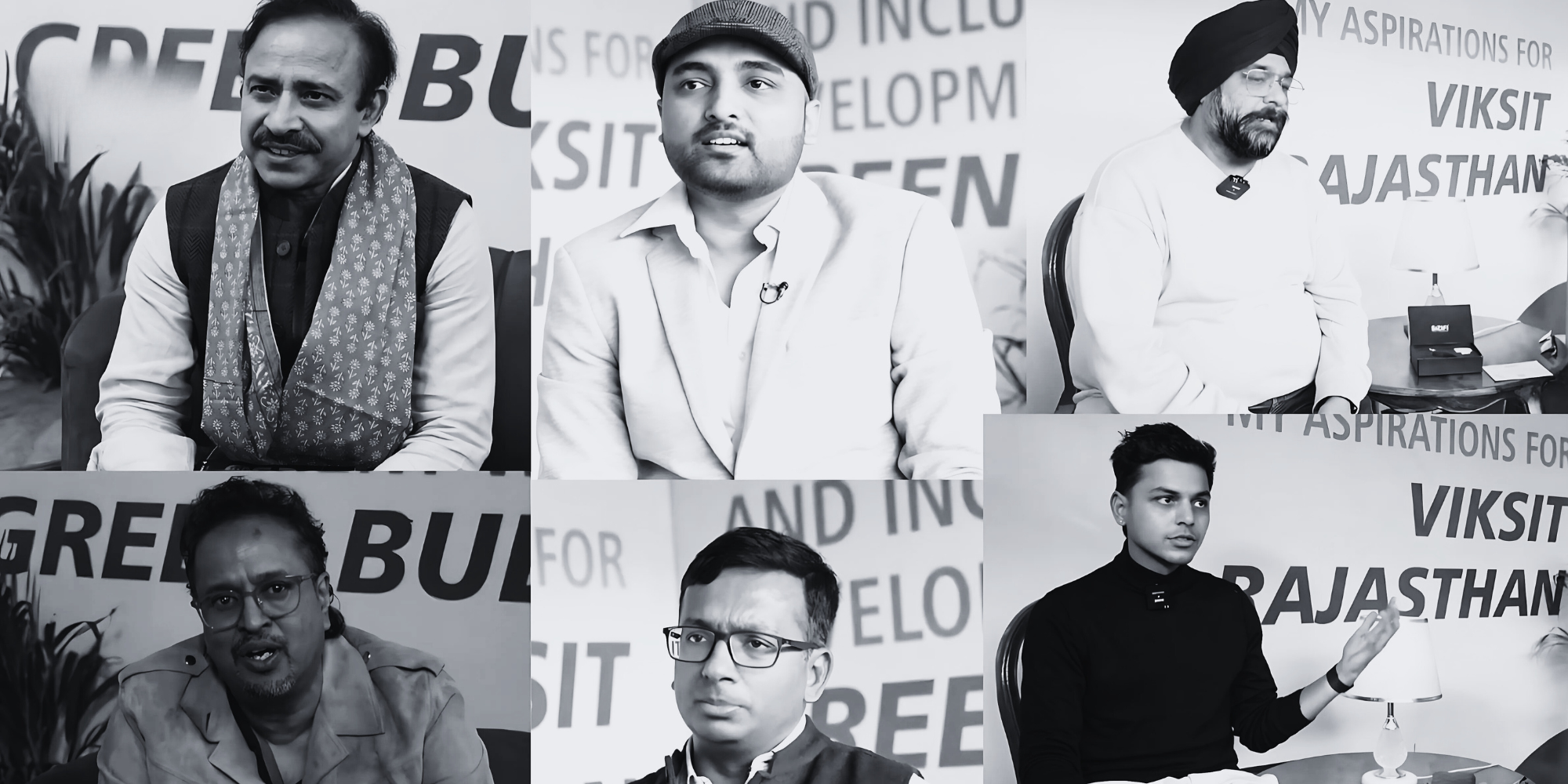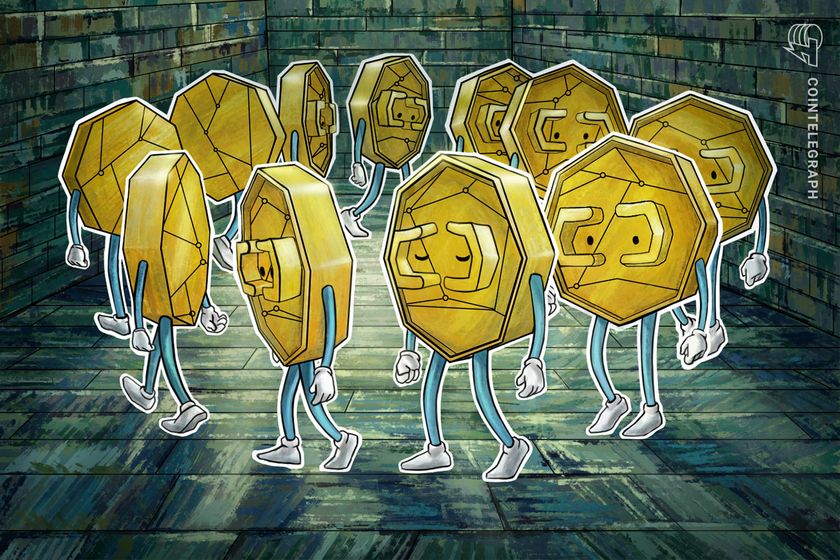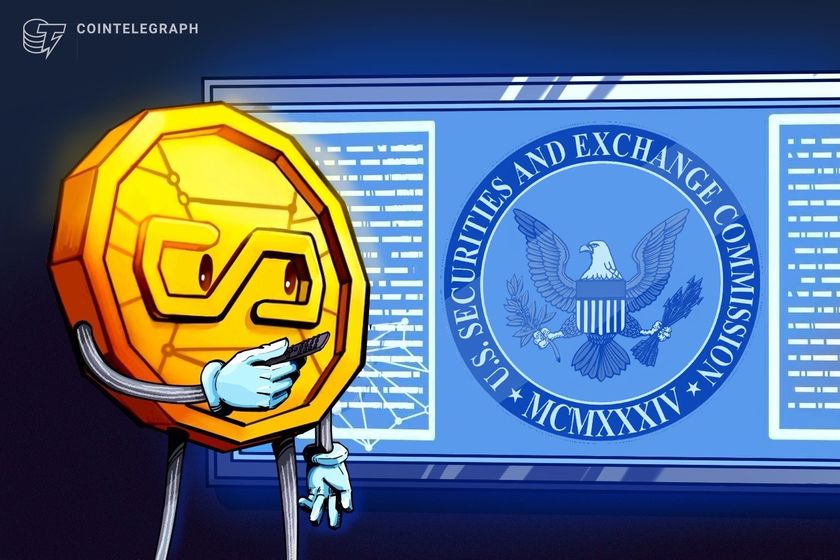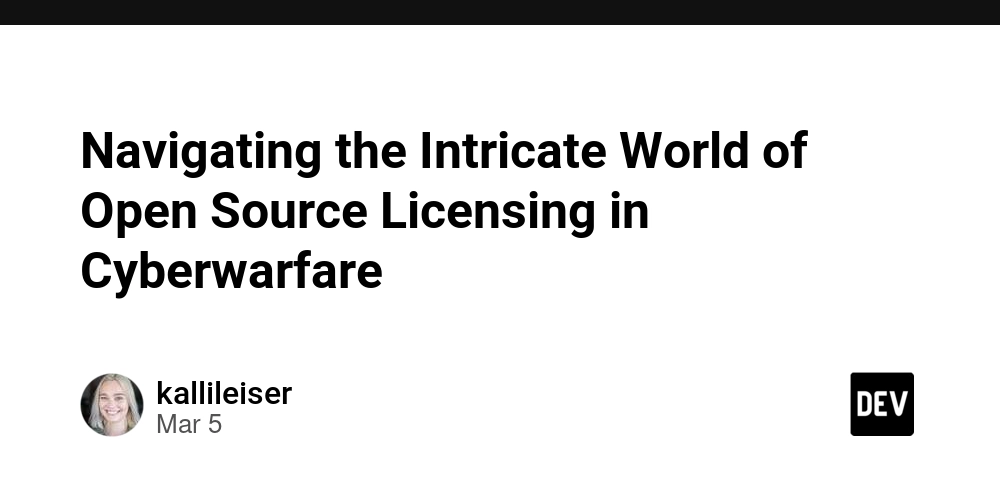Teaching Code in the AI Era: Why Fundamentals Still Matter
As someone who has spent the last decade leading developer relations teams, teaching at coding bootcamps, and working as a professional software engineer, I've watched programming education transform dramatically with the rise of generative AI tools. I want to share my perspective on how we should be teaching people to code in this new era. Finding the Balance: Fundamentals vs. AI Tools Teaching people to code is changing really, really fast. But I think the fundamentals are almost more important than ever. Despite the rise of AI coding assistants like GitHub Copilot, Amazon Q, and Cursor, understanding core programming principles remains crucial. The reason is straightforward: you still should not be committing code that you don't understand to a production environment. While generative AI can speed up development, software engineers must be able to explain their code, identify security issues, and maintain it over time. The "Vibe Coding" Era "Vibe coding" - is all the rage on social media, and I love it. You just write prompts to build apps, ignoring the code while doing so. I think one of the most exciting things about this is empowering non-technical people to be developers and to get hooked and think that this is so cool, and go from zero to one really fast. This is democratizing coding, allowing newcomers to build projects like three.js games without mastering every coding fundamental first. When I taught people to code, the first lesson they’d take is how to build simple HTML and CSS sites using CodePen, which gave them a quick win with visual feedback on what they were creating. Vibe coding takes that to a whole new level. However, risks emerge when AI-generated code moves into production: Security vulnerabilities Scalability problems Performance issues Bugs affecting users New Graduates vs. Seasoned Developers There's a clear difference in how generations approach these tools. These Gen AI tools for this student and new graduate cohort are the way that they think and the way that they build, and it's fundamentally integrated in the way that they are developing, in a way that's very different from a senior developer. While experienced developers may struggle to change up their devtools set ups (like me with my CLI!), new developers have integrated these tools into their workflow from day one, creating a more natural pair programming experience. Benefits for Students and Junior Developers Generative AI shines at performing tasks that traditional CS programs often miss: Test generation: GenAI is great at generating tests for your code base, which is rarely taught in programming classes. Code documentation and explanation: Half the battle is not just writing new code, it's understanding the developers who came before you's code, and that can be really intimidating when you're a junior engineer. GenAI makes this easy. The Future of Programming Education Programming curricula must evolve to prepare students for this new reality. I believe it should adapt by still teaching the fundamentals, still making sure that people are well set up to succeed with those fundamentals... while also making sure that people are best set up to enter this job market where you can build a lot faster using Gen AI tooling. This means teaching both traditional coding principles and new skills like effective prompt engineering and working with AI pair programmers. The million dollar question, is learning to code still valuable? My answer is nuanced. Will development look the same five years from now? Even later this year? Absolutely not. Are bootcamps the way to learn in this job market? No. However, programming is fundamentally problem solving. We still make students learn math even though calculators and computers can easily solve any problem a human can. It’s still a valuable skill to learn, and we aren’t at a point where you can push production code without human intervention, heavy code reviews, and an eye towards security, maintainability, and scalability. Conclusion Programming education stands at a crossroads. The path forward combines traditional fundamentals with AI tools, like Claude’s brand new education mode. The most effective approach teaches core principles while preparing students to use AI responsibly. As these technologies grow, so will our methods for teaching the next generation of software engineers. The future isn't about choosing between human knowledge and AI assistance - it's about leveraging both to create better developers who can build better software. By embracing this dual approach, we can empower more people to become developers and push the boundaries of what's possible through code.
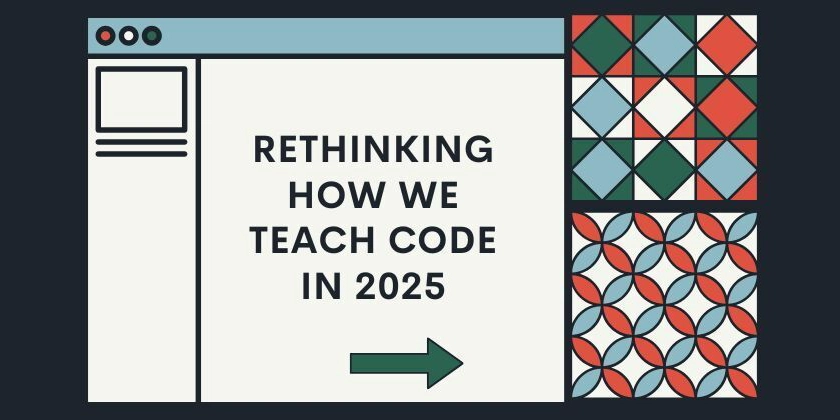
As someone who has spent the last decade leading developer relations teams, teaching at coding bootcamps, and working as a professional software engineer, I've watched programming education transform dramatically with the rise of generative AI tools. I want to share my perspective on how we should be teaching people to code in this new era.
Finding the Balance: Fundamentals vs. AI Tools
Teaching people to code is changing really, really fast. But I think the fundamentals are almost more important than ever. Despite the rise of AI coding assistants like GitHub Copilot, Amazon Q, and Cursor, understanding core programming principles remains crucial.
The reason is straightforward: you still should not be committing code that you don't understand to a production environment. While generative AI can speed up development, software engineers must be able to explain their code, identify security issues, and maintain it over time.
The "Vibe Coding" Era
"Vibe coding" - is all the rage on social media, and I love it. You just write prompts to build apps, ignoring the code while doing so.
I think one of the most exciting things about this is empowering non-technical people to be developers and to get hooked and think that this is so cool, and go from zero to one really fast. This is democratizing coding, allowing newcomers to build projects like three.js games without mastering every coding fundamental first.
When I taught people to code, the first lesson they’d take is how to build simple HTML and CSS sites using CodePen, which gave them a quick win with visual feedback on what they were creating. Vibe coding takes that to a whole new level.
However, risks emerge when AI-generated code moves into production:
- Security vulnerabilities
- Scalability problems
- Performance issues
- Bugs affecting users
New Graduates vs. Seasoned Developers
There's a clear difference in how generations approach these tools. These Gen AI tools for this student and new graduate cohort are the way that they think and the way that they build, and it's fundamentally integrated in the way that they are developing, in a way that's very different from a senior developer.
While experienced developers may struggle to change up their devtools set ups (like me with my CLI!), new developers have integrated these tools into their workflow from day one, creating a more natural pair programming experience.
Benefits for Students and Junior Developers
Generative AI shines at performing tasks that traditional CS programs often miss:
- Test generation: GenAI is great at generating tests for your code base, which is rarely taught in programming classes.
- Code documentation and explanation: Half the battle is not just writing new code, it's understanding the developers who came before you's code, and that can be really intimidating when you're a junior engineer. GenAI makes this easy.
The Future of Programming Education
Programming curricula must evolve to prepare students for this new reality. I believe it should adapt by still teaching the fundamentals, still making sure that people are well set up to succeed with those fundamentals... while also making sure that people are best set up to enter this job market where you can build a lot faster using Gen AI tooling.
This means teaching both traditional coding principles and new skills like effective prompt engineering and working with AI pair programmers.
The million dollar question, is learning to code still valuable?
My answer is nuanced. Will development look the same five years from now? Even later this year? Absolutely not. Are bootcamps the way to learn in this job market? No.
However, programming is fundamentally problem solving. We still make students learn math even though calculators and computers can easily solve any problem a human can. It’s still a valuable skill to learn, and we aren’t at a point where you can push production code without human intervention, heavy code reviews, and an eye towards security, maintainability, and scalability.
Conclusion
Programming education stands at a crossroads. The path forward combines traditional fundamentals with AI tools, like Claude’s brand new education mode. The most effective approach teaches core principles while preparing students to use AI responsibly. As these technologies grow, so will our methods for teaching the next generation of software engineers.
The future isn't about choosing between human knowledge and AI assistance - it's about leveraging both to create better developers who can build better software. By embracing this dual approach, we can empower more people to become developers and push the boundaries of what's possible through code.






















































.jpg)
%20Abstract%20Background%20112024%20SOURCE%20Amazon.jpg)



















































































































![[The AI Show Episode 142]: ChatGPT’s New Image Generator, Studio Ghibli Craze and Backlash, Gemini 2.5, OpenAI Academy, 4o Updates, Vibe Marketing & xAI Acquires X](https://www.marketingaiinstitute.com/hubfs/ep%20142%20cover.png)















































































































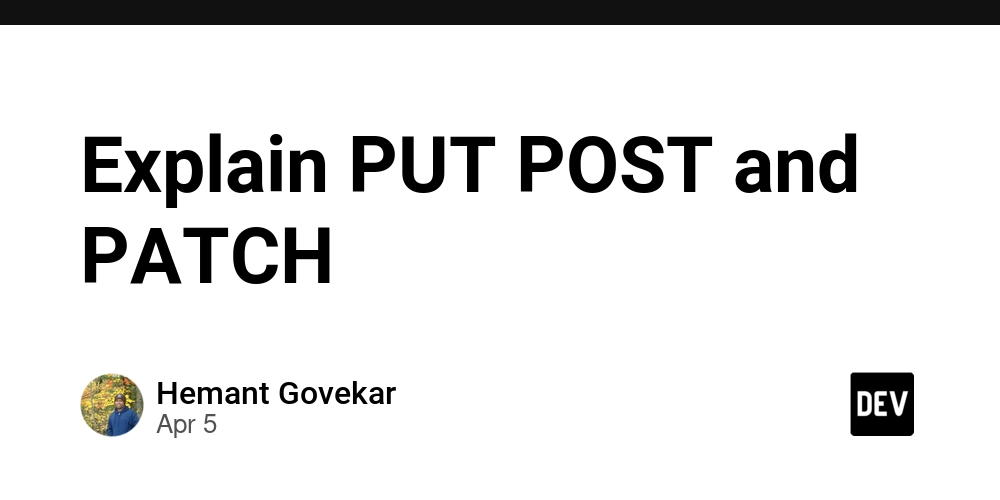
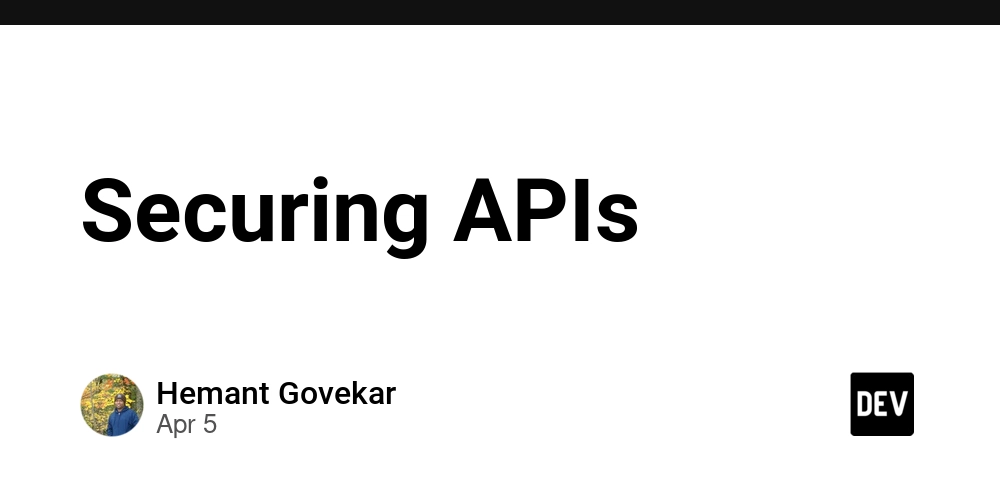
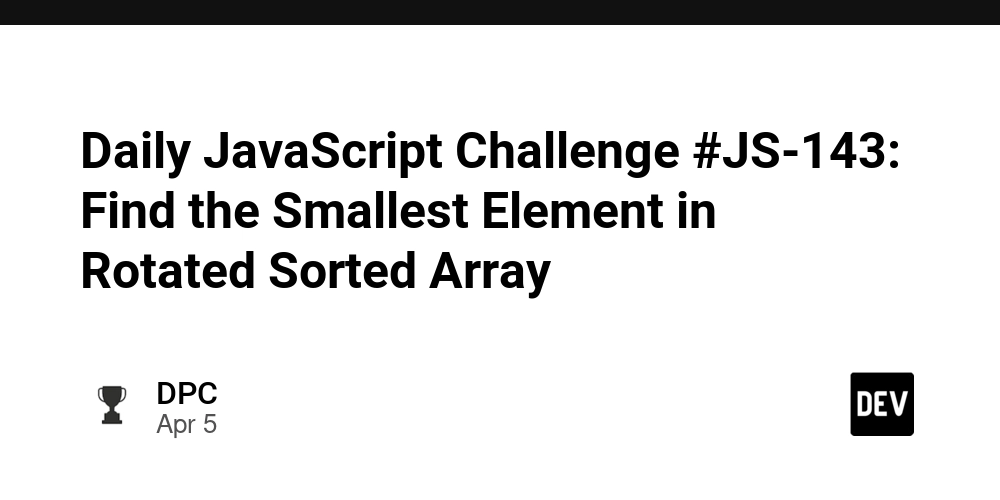
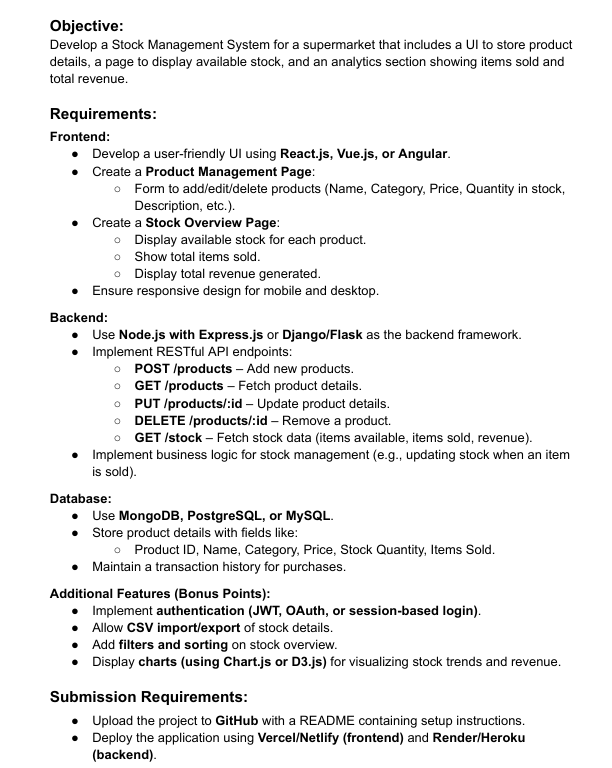













![From drop-out to software architect with Jason Lengstorf [Podcast #167]](https://cdn.hashnode.com/res/hashnode/image/upload/v1743796461357/f3d19cd7-e6f5-4d7c-8bfc-eb974bc8da68.png?#)







































































































.png?#)



.jpg?#)
































_Christophe_Coat_Alamy.jpg?#)



















































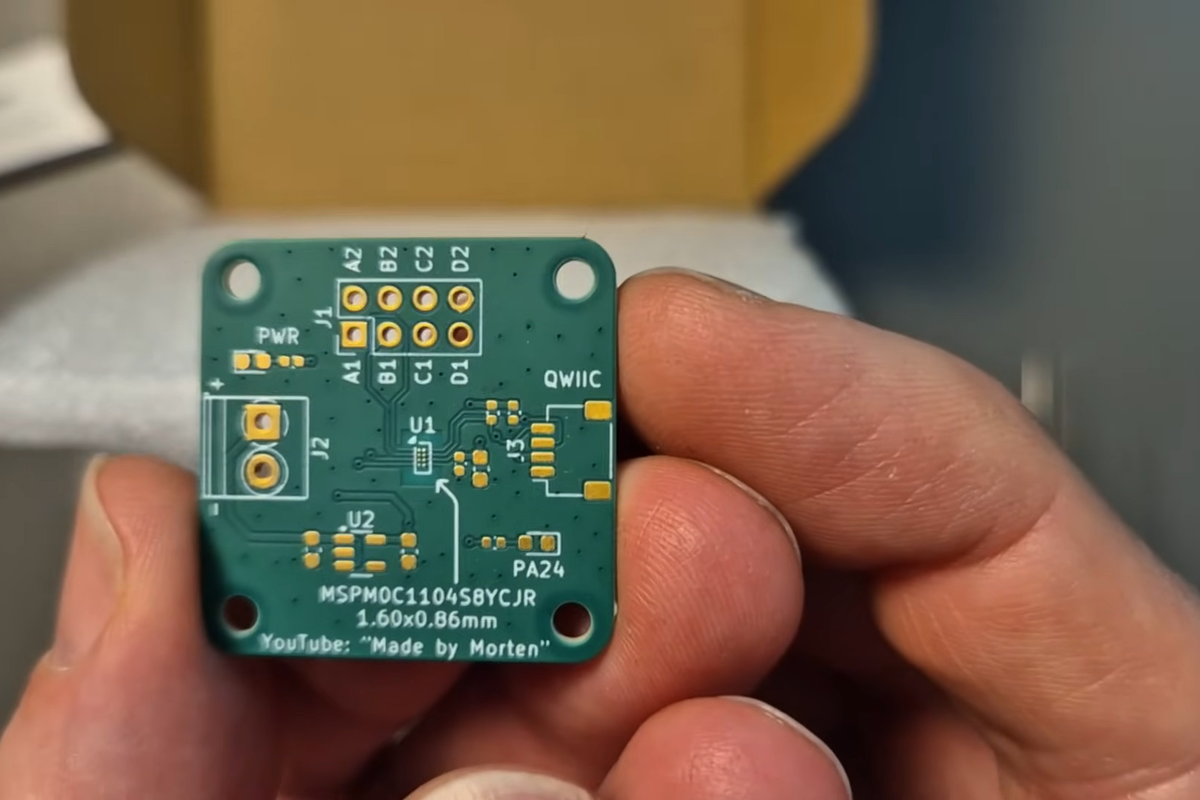
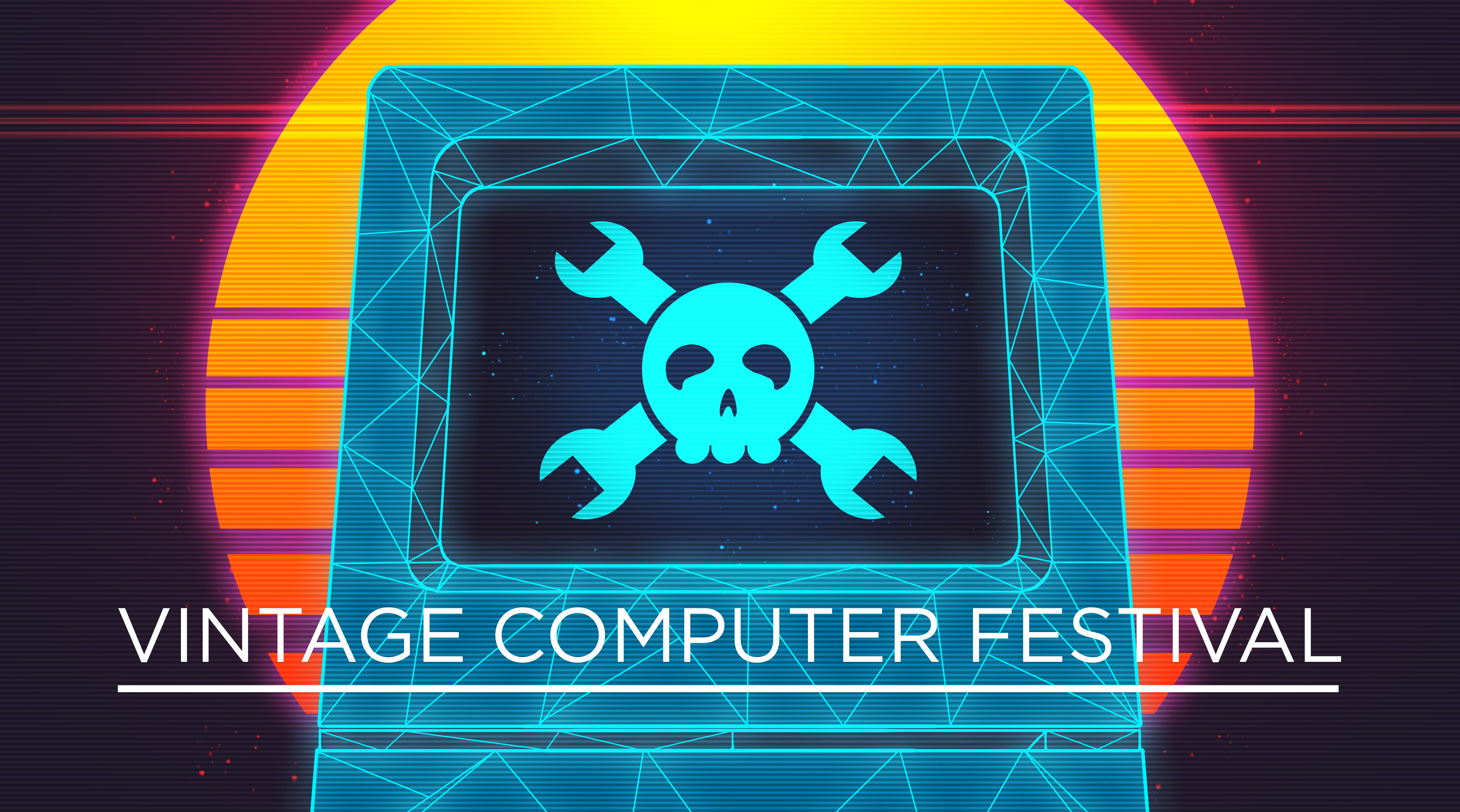























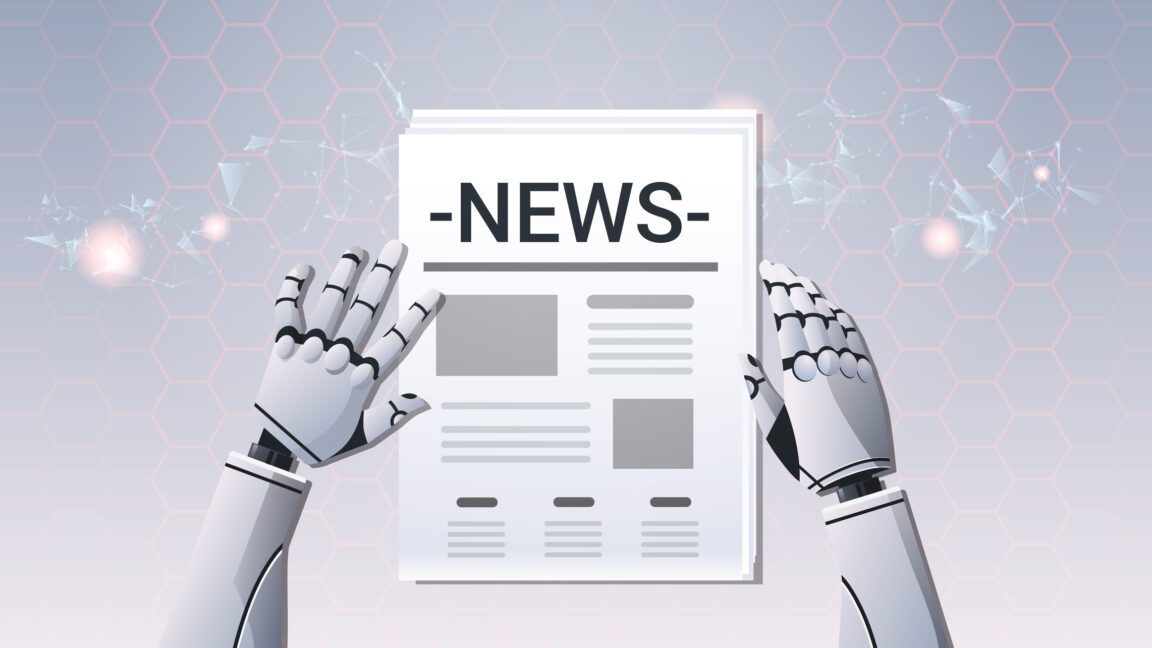








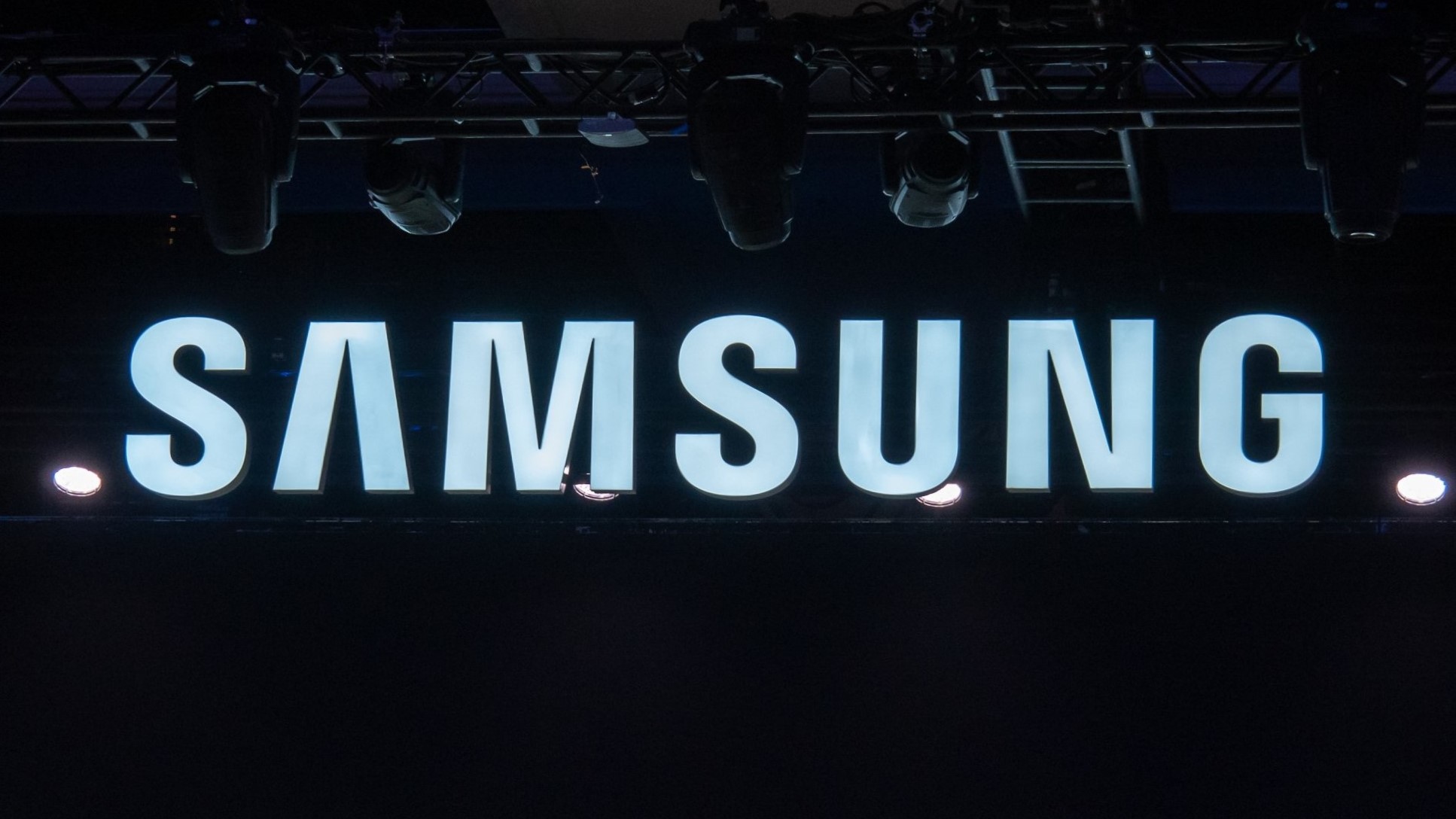
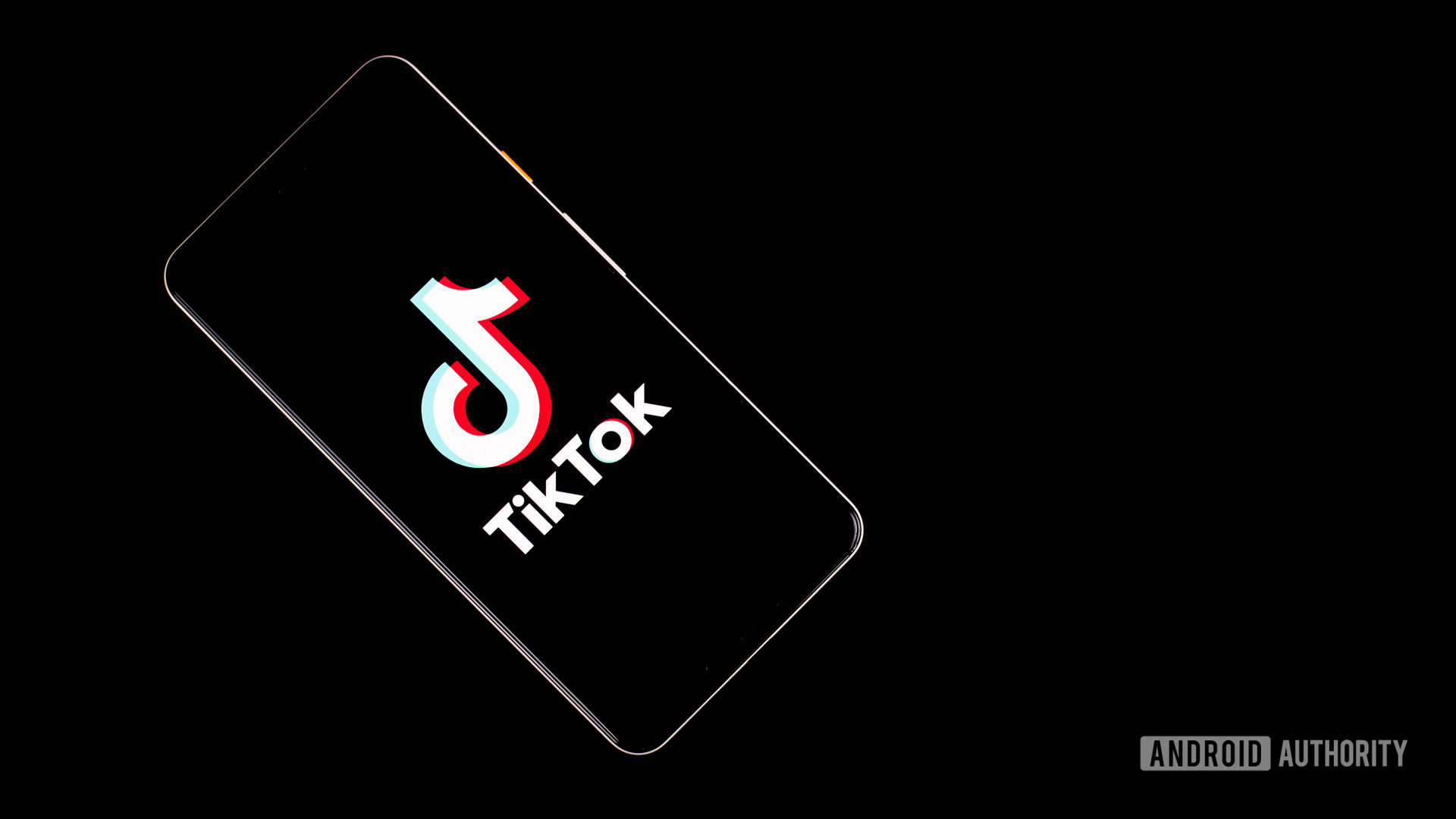
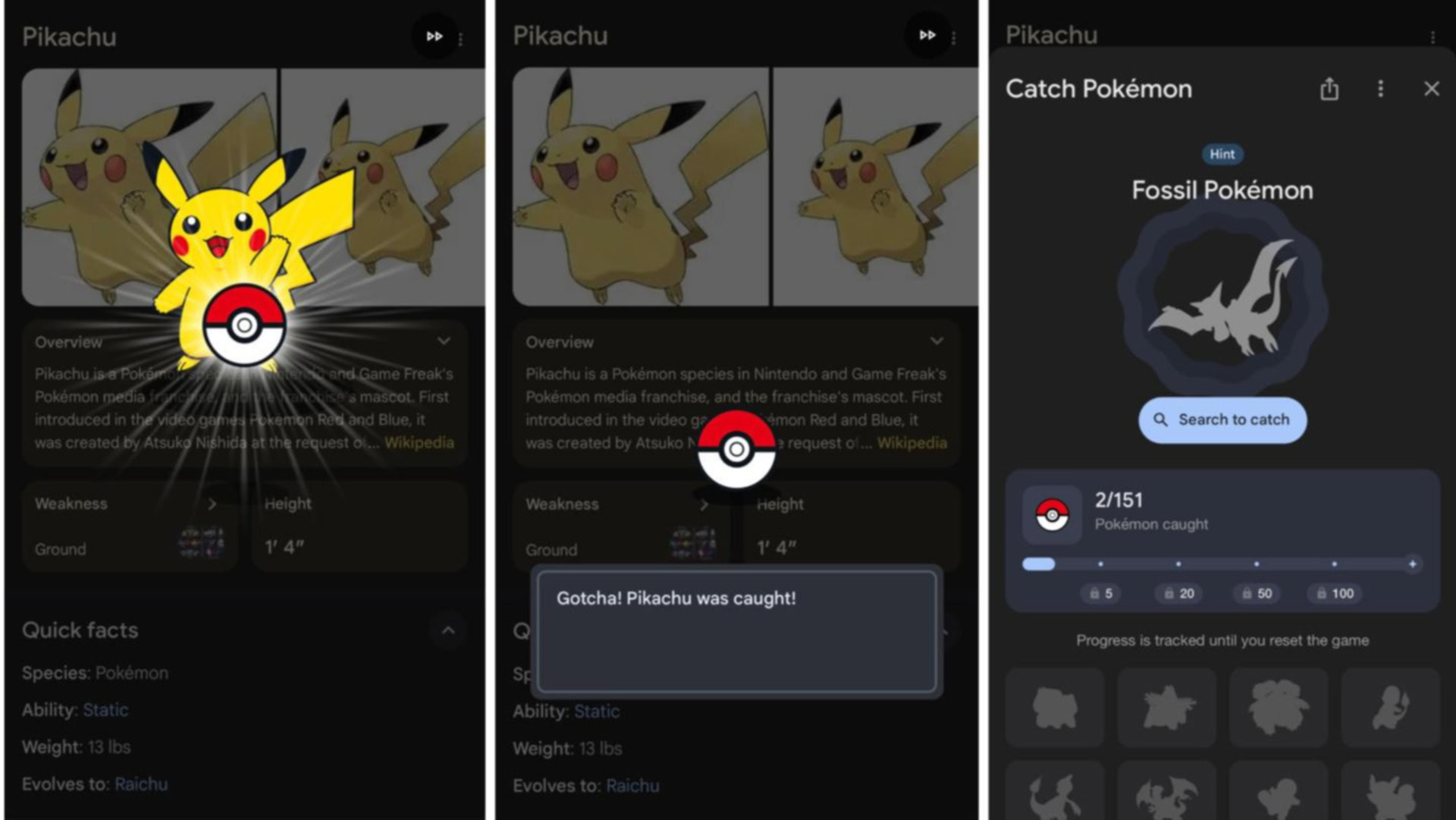


















![Rapidus in Talks With Apple as It Accelerates Toward 2nm Chip Production [Report]](https://www.iclarified.com/images/news/96937/96937/96937-640.jpg)




















